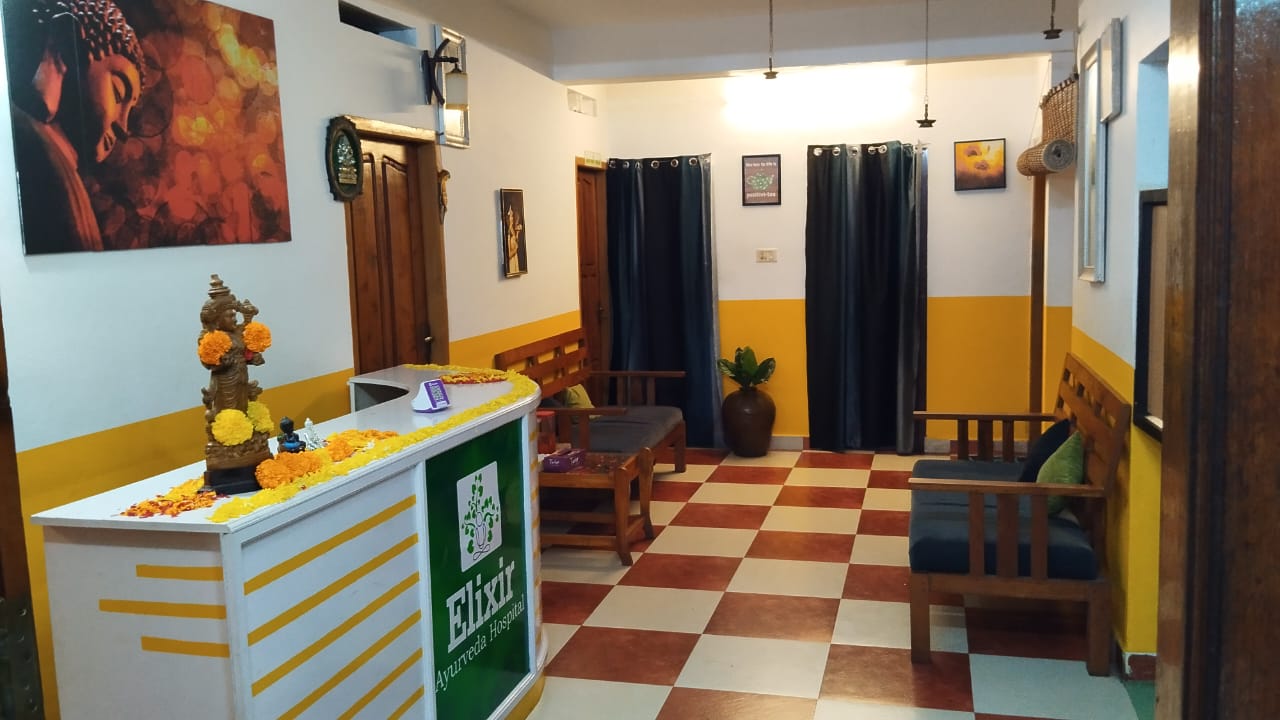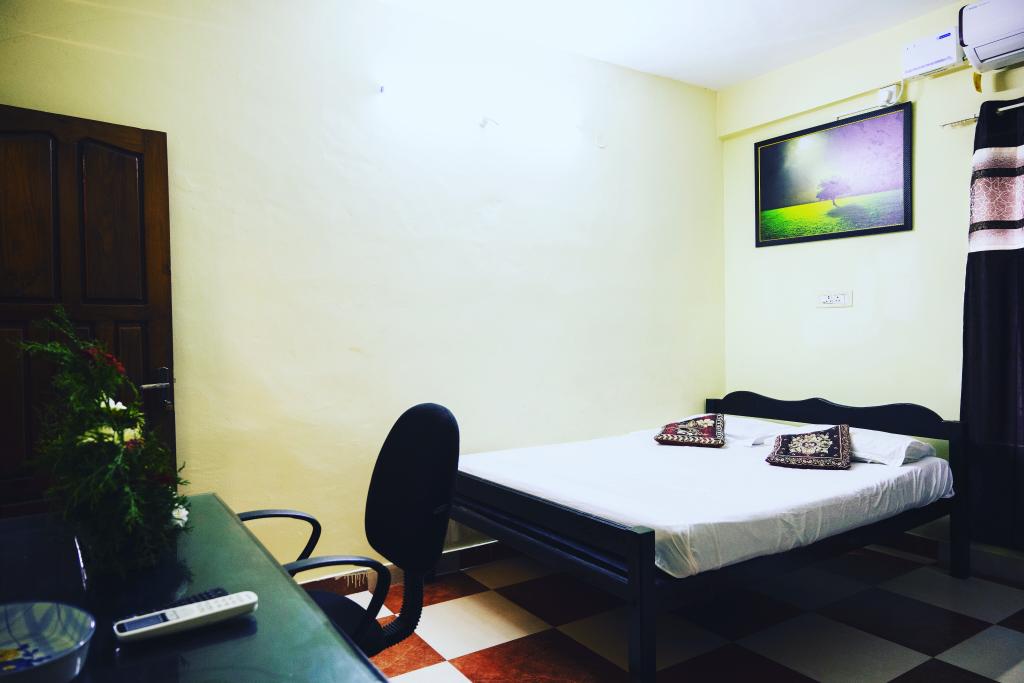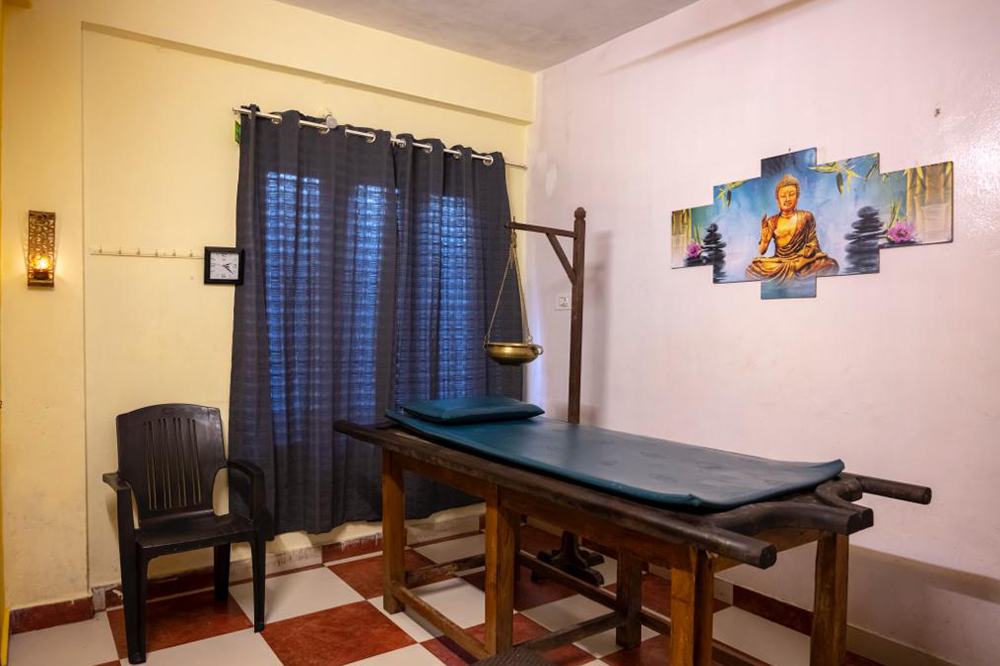Constipation is a prevalent digestive issue that can affect individuals at any stage of life, although it tends to be more common among the elderly. This condition is characterized by irregular bowel movements, causing discomfort, bloating, abdominal pain, and anal pain. Factors such as poor diet, physical inactivity, stress, and dehydration can contribute to constipation. When the large intestine absorbs an excessive amount of water from the stool, it leads to the passage of dry and hard stools.
From an Ayurvedic perspective, constipation is associated with a condition known as "vibandha," which is caused by an aggravated Vata dosha. This imbalance in Vata dosha can occur due to factors such as excessive consumption of fermented foods, prolonged fasting, daytime sleep, and stress. The disruption in Vata dosha leads to irregularity in bowel movements and difficulties in passing stools.
Causes of Constipation:
Irregular Lifestyle:
Leading a sedentary lifestyle, lacking physical activity, and having erratic daily routines can contribute to constipation.
Poor Diet:
Consuming processed and refined foods low in fibre, inadequate intake of fruits and vegetables, and a lack of whole grains in the diet can lead to constipation.
Lack of Physical Activities:
Insufficient exercise and physical movement can slow down the digestive system and contribute to constipation.
Lack of Fluid Intake:
Not drinking enough water and other fluids can result in dehydration and make the stools harder, leading to constipation.
Long-Term Drug Intake:
Certain medications, such as painkillers, antacids, antidepressants, and iron supplements, can cause constipation as a side effect.
Complications of Constipation:
Piles (Haemorrhoids):
Straining during bowel movements can cause swollen blood vessels in the anal area, leading to painful haemorrhoids.
Bowel Incontinence:
Chronic constipation can weaken the muscles of the rectum and anus, resulting in difficulty controlling bowel movements.
Rectal Prolapse:
In severe cases, chronic constipation can lead to rectal prolapse, where a part of the rectum protrudes from the anus.
Ayurvedic Treatment for Constipation:
Nidana Parivarjana:
This involves avoiding the causative factors that contribute to constipation, such as irregular eating habits, excessive fasting, and stress.
Samsodhana Chikitsa (Purification Therapies):
Based on the patient's condition, purification therapies are recommended to balance the doshas and regulate bowel movements. These therapies include:
Snehana (Internal Lubrication):
Administering constipation medicine in Ayurveda, such as medicated oils or ghee, to provide internal lubrication.
Swedana (Herbal Steam Treatments):
Herbal steam treatments induce sweating and help eliminate toxins from the body.
Virechana (Therapeutic Purgation):
Therapeutic purgation is performed to eliminate toxins and regulate bowel movements.
Vasti (Enema Therapy):
Enema therapy using herbal decoctions helps alleviate Vata imbalance and promote bowel movements.
Varthi (Medicated Suppositories):
Medicated suppositories are inserted rectally to facilitate bowel movements.
Medications:
Ayurvedic herbal formulations, including constipation medicine in Ayurveda such as Triphala churna and other digestive tonics, are prescribed to improve digestion, regulate bowel movements, and relieve constipation symptoms.
Yogasanas:
Specific yoga postures, such as Pawanmuktasana (Wind-Relieving Pose), Trikonasana (Triangle Pose), and Bhujangasana (Cobra Pose), help stimulate the digestive system, promote peristalsis, and relieve constipation.
Home Remedies for Constipation:
Triphala Churna:
Taking one spoon of Triphala powder with half a glass of warm water before bedtime can help promote regular bowel movements.
Ginger:
Intake of ginger in various forms, such as ginger tea or adding it to meals, can improve digestion and promote bowel movements.
Castor Oil:
It can be taken orally or applied externally over the abdomen to stimulate bowel movements.
Dietary Recommendations for Constipation:
Ensure an adequate intake of water to stay hydrated and soften the stools.
Increase the consumption of fibre-rich foods, including fruits (especially citrus fruits), vegetables, whole grains, legumes, and beans.
Avoid processed and junk foods that are low in fibre and may contribute to constipation.
Include a sufficient quantity of organic oil and ghee in your meals to lubricate the digestive system and promote regular bowel movements.
At Elixir Ayurveda, we offer comprehensive Ayurvedic treatments for constipation, including constipation medicine in Ayurveda. Our experienced practitioners provide personalized guidance, specialized therapies, and dietary recommendations to address constipation and restore optimal digestive health. Through our holistic approach, you can find relief from constipation and improve your overall well-being. Remember, it is always essential to consult with an Ayurvedic practitioner before starting any treatment for constipation, including constipation medicine in Ayurveda, to ensure it is tailored to your specific needs.


























